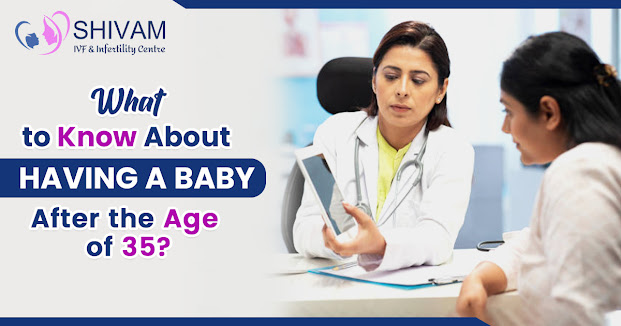Are IVF Babies Normal and Healthy?

Are IVF babies healthy? is one of the most frequently asked questions by couples considering IVF treatment, or Do IVF children have weakened immune systems? However, scientific research is the foundation of reality. So, in this article, you will learn whether or not IVF babies are healthier or face health complications so that you can make an informed decision about whether or not to undergo IVF treatment. Are IVF children healthy? Yes, IVF babies are just as healthy as naturally conceived babies. This means they are not at risk of harming their health in the short or long term. This is because the procedure is safe; however, IVF babies differ only in how they were conceived, which is through the use of fertility drugs rather than sexual intercourse. To be honest, the risk of a child having any abnormalities is 3-4 percent in the general population, and recent estimates suggest that the risk increases by only 1% in a baby born through IVF treatme...

